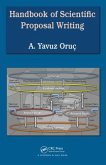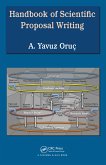
eBook, ePUB
25. Oktober 2011
Taylor & Francis eBooks
eBook, PDF
25. Oktober 2011
Taylor & Francis eBooks
Ähnliche Artikel


20,95 €
Sofort per Download lieferbar
eBook, ePUB
14. Februar 2021
Taylor & Francis eBooks
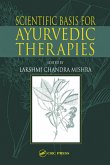
eBook, ePUB
29. September 2003
Taylor & Francis eBooks
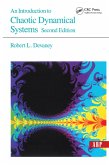
eBook, ePUB
9. März 2018
Taylor & Francis eBooks
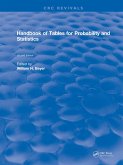
eBook, ePUB
8. August 2019
Taylor & Francis eBooks
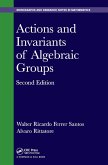
eBook, ePUB
19. September 2017
Taylor & Francis eBooks

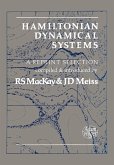
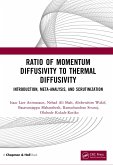
eBook, ePUB
26. September 2022
Taylor & Francis eBooks
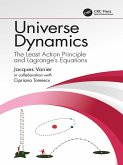
Ähnlichkeitssuche: Fact®Finder von OMIKRON

